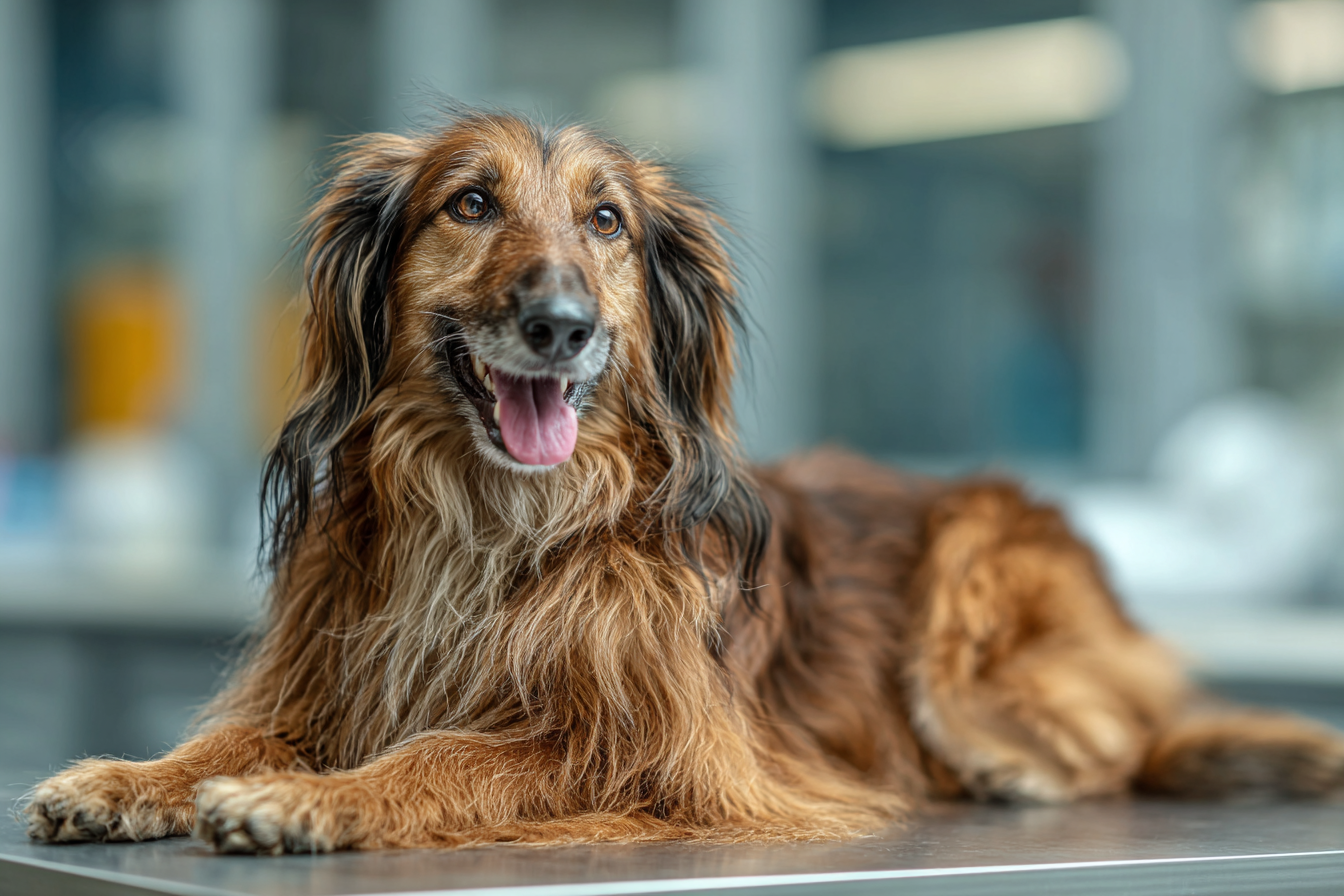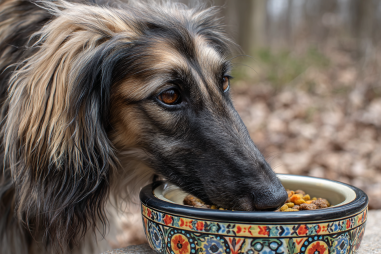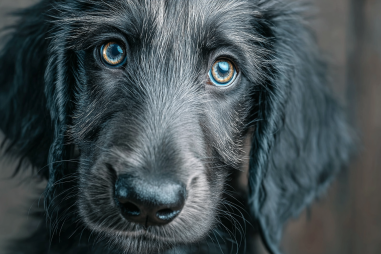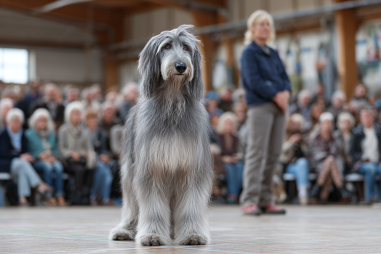Afghan Hounds are renowned for their elegance, distinctive silky coats, and dignified demeanor. These graceful dogs not only capture hearts with their beauty but also have unique health considerations owners should be aware of. Understanding the common health issues that Afghan Hounds face is essential for keeping your dog happy, comfortable, and thriving throughout its life. By familiarizing yourself with potential ailments and how to prevent them, you can ensure your Afghan Hound enjoys many vibrant years by your side.
Typical Health Concerns in Afghan Hounds
Like all purebred dogs, Afghan Hounds have some breed-specific health challenges. Their slender build and long limbs, coupled with their luxurious flowing coats, make them prone to particular conditions affecting joints, skin, eyes, and genetic health. Being aware of these common issues allows owners to spot symptoms early and seek veterinary care promptly. Some of the primary health concerns in Afghan Hounds include hip dysplasia, skin infections, eye diseases, and certain inherited disorders. Let’s explore these in more detail.
Hip Dysplasia and Joint Problems
One of the most prominent health concerns in Afghan Hounds is hip dysplasia, a genetic condition where the hip joint does not fit properly into the hip socket. This can lead to pain, limpness, arthritis, and decreased mobility as the dog ages. Due to their slender build and long legs, Afghan Hounds are vulnerable to joint issues that affect their gait and comfort.
Early signs of hip dysplasia may include reluctance to run or jump, limping, stiffness after exercise, or difficulty rising from a resting position. Regular veterinary check-ups and radiographs (X-rays) can help diagnose this condition early. Treatment may involve weight management, joint supplements, physical therapy, or in severe cases, surgery.
Other joint-related challenges include patellar luxation (dislocation of the kneecap) and osteoarthritis, both of which can be managed through proper care and preventive strategies.
Skin and Coat Related Conditions
Afghan Hounds’ long, silky coats require regular maintenance to avoid skin and coat problems. Their dense fur can trap dirt and moisture, increasing the risk of bacterial or fungal skin infections if not properly groomed. Additionally, Afghan Hounds may be prone to allergies, which manifest as itching, redness, and inflammation of the skin.
Regular grooming, including brushing multiple times a week, helps prevent matting and stimulates healthy skin. Bathing with gentle, hypoallergenic shampoos suited for dogs also helps maintain coat health without stripping natural oils. In colder or wetter climates, keep your Afghan Hound dry and clean to avoid hotspots and infections.
If you notice excessive scratching, hair loss, or sores on the skin, consult your veterinarian to identify any underlying allergic reactions, parasites, or infections that may require treatment.
Eye Diseases Prevalent in the Breed
Afghan Hounds are also susceptible to certain eye disorders that can impact their vision over time. One such condition is progressive retinal atrophy (PRA), a genetic disease that causes gradual degeneration of the retina, leading to vision loss and eventual blindness. Early detection is critical to managing this condition effectively.
Another common issue is cataracts, which cause clouding of the lens in the eye and can impair sight. Regular eye examinations by a veterinary ophthalmologist can help identify these problems early. While there is no cure for PRA, cataracts can sometimes be addressed surgically to restore vision.
Routine eye check-ups are an essential aspect of comprehensive health care for Afghan Hounds.
Genetic Disorders and Screening
Genetic testing plays a crucial role in safeguarding Afghan Hound health. Responsible breeders perform screening for inherited disorders to minimize the risk of passing on health problems to puppies. Apart from hip dysplasia and PRA, Afghan Hounds can also inherit thyroid issues such as hypothyroidism, which affects metabolism.
Screening tests for thyroid function, genetic diseases, and heart health can guide preventive care and breeding decisions. If you are acquiring an Afghan Hound puppy, always ask your breeder about health screenings and certifications. Early knowledge of genetic predispositions allows for targeted monitoring and intervention, improving your dog’s long-term health outlook.
Preventive Care and Regular Vet Visits
Consistent preventive care is the cornerstone of maintaining Afghan Hound wellness. Regular veterinary visits provide opportunities for vaccinations, parasite control, dental care, and general health assessments. Since Afghan Hounds have some predisposed health issues, vets can tailor examinations to screen for common breed conditions.
Monthly flea and tick preventatives, heartworm medication, and annual blood work help catch potential problems before they become serious. Weight management through exercise and diet not only supports joint health but also reduces the risk of diabetes and other complications.
A strong relationship with your veterinarian enables early detection and prompt treatment of health issues, ensuring your Afghan Hound enjoys a comfortable and active life.
Nutrition’s Role in Health Maintenance
Proper nutrition is vital in supporting your Afghan Hound’s health and longevity. Their lean, muscular bodies benefit from a balanced diet rich in high-quality proteins, healthy fats, and essential vitamins and minerals. Omega-3 fatty acids support a healthy coat and reduce inflammation, while antioxidants promote immune health.
Feeding your Afghan Hound a diet appropriate for their age, size, and activity level helps maintain optimal weight, which in turn alleviates stress on joints and improves overall vitality. It’s important to avoid overfeeding and provide regular portions at scheduled times.
Consult your veterinarian about the best dietary options and supplementation tailored to your dog’s individual needs, especially if your Afghan Hound has specific health concerns such as allergies or joint problems.
Encouraging a Long, Healthy Life for Your Afghan Hound
With attentive care, Afghan Hounds can live well into their teens, enjoying a happy, active lifestyle. Understanding the breed’s common health issues—ranging from joint disorders to skin and eye diseases—enables you to recognize warning signs early and take preventive action.
Regular grooming, routine veterinary visits, proper nutrition, and genetic screening form the foundation of comprehensive wellness care. By partnering with your vet and committing to proactive health maintenance, you give your Afghan Hound the best chance at a long, vibrant life filled with love and adventure.







